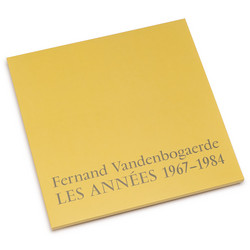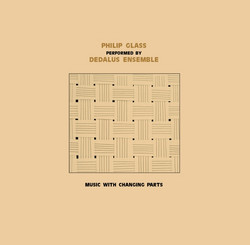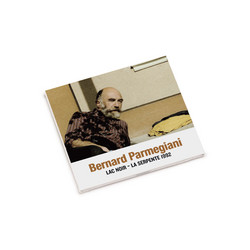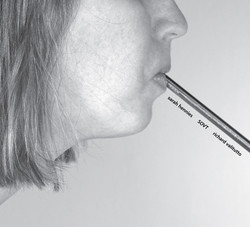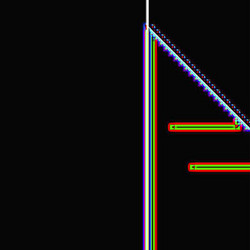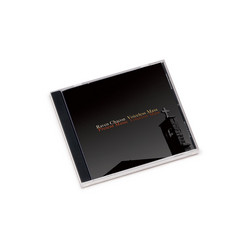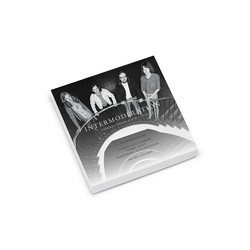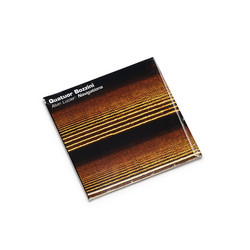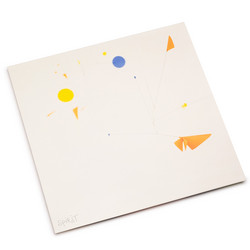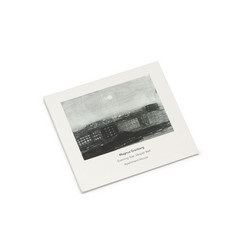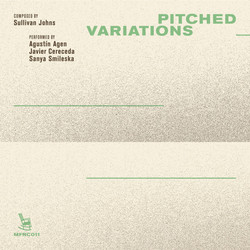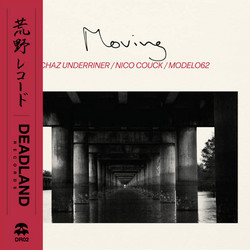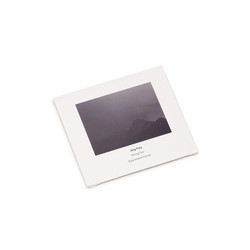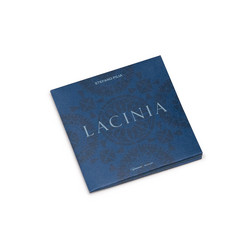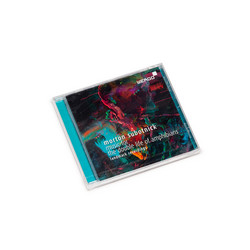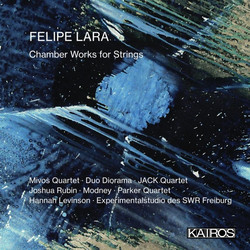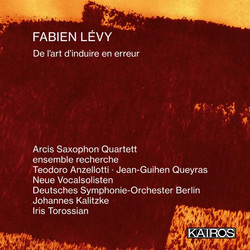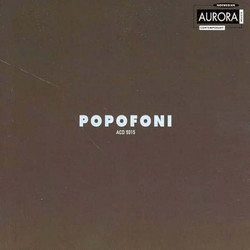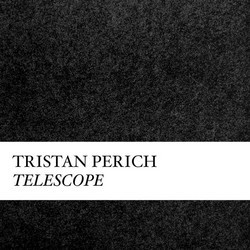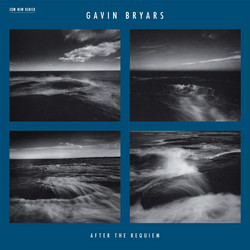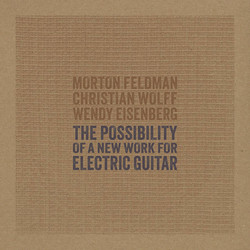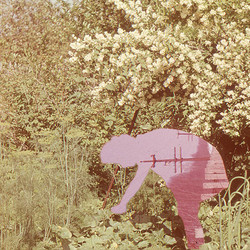“Even without detecting in the figure of the refugee or exile the emblematic figure of our time, the loosening of the bonds with a place of origin is no longer rewarded by a search for a promised land. The loss of a deep-rootedness that would provide an identity is no longer perceived as a lack that needs to be filled. We strangers in our own land, and conversely we feel at home everywhere.”
Mario Perniola, Ritual Thinking (tr. Massimo Verdicchio)
The Italian philosopher Mario Perniola, in his 2001 essay collection titled Ritual Thinking cited above, dug deep into what it means to be on the go and somewhere in between. Transience becomes tangible. What was self-evident fades away without making room for new habits. Perniola's words run like a thread through A Basement Suite, the longest work on this portrait album by Tim Mariën, and resonate throughout the Belgian composer’s entire sound world. Mariën's music settles in Perniola's liminal world, between borders. Here too, musical self-evidences are called into question. Here too the listener can make a landscape of tones their own while listening and wandering.
At first, Mariën 'uproots' our listening experience through his use of unconventional musical tunings. These deviate from the normative division of the octave into 12 equal parts (the equal temperament), yielding a greater diversity of (microtonal) pitches. Mariën's use of tuning took shape during his musicological study of Harry Partch’s music theory, one of the 20th-century figures who, in Partch's own words, put an end to "the western world's three hundred years of 12-tone paralysis." In a different way than Partch, Mariën initially distills tunings from tones that are naturally present in the harmonic overtone series. He does this through his own, open method. In this liberating approach, turnings do not get bogged down in a fixed basic principle. They are changeable and are even mixed (as in A Basement Suite). They spread out and become a range of possibilities for the composer. Marien's flexible method is strongly tied to his practice of rebuilding and retuning instruments to play his microtonal scales. He seldom works with on perfect Steinways. Instead, his instruments are like antique, worn pianos, a discarded harpsichord, or a traveled mandolin. Mariën retunes these and gives them a new life. Sometimes the fragile state of these instruments prevents them from being tuned to perfection. But it is precisely this unruly materiality of sound, which runs counter to the theoretical perfection of tuning systems, that Mariën cherishes in his works.
